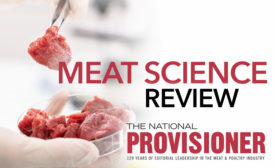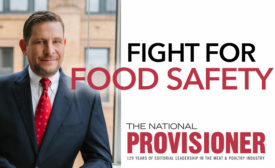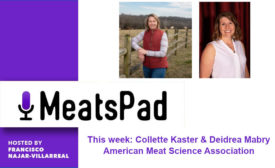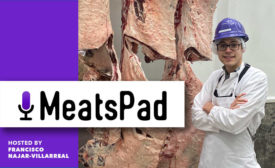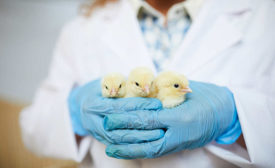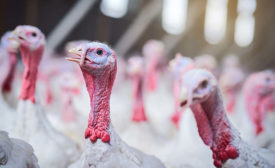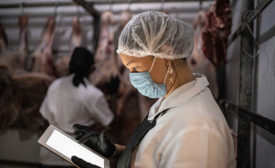Meat and Poultry Processing
Tech | Meat Science Review
Commentary | Poultry Perspectives
Regulatory implications associated with an administration change
Read MoreCommentary | Fight for Food Safety
How the presidential election could affect the food and agriculture industry
Read MoreFrom the Editor's Desk | November 2020
Grab that home-cooking audience now
With pandemic’s end on the horizon, what are you doing to capitalize on the new group of at-home chefs who realize they can handle meal preparation?
Read More
Tech | Supplier's Perspective
Deskless, but not disconnected
The digital communication revolution has arrived for frontline employees.
Read More
Stay ahead of the curve. Unlock a dose of cutting-edge insights.
Receive our premium content directly to your inbox.
SIGN-UP TODAYCopyright ©2024. All Rights Reserved BNP Media.
Design, CMS, Hosting & Web Development :: ePublishing
